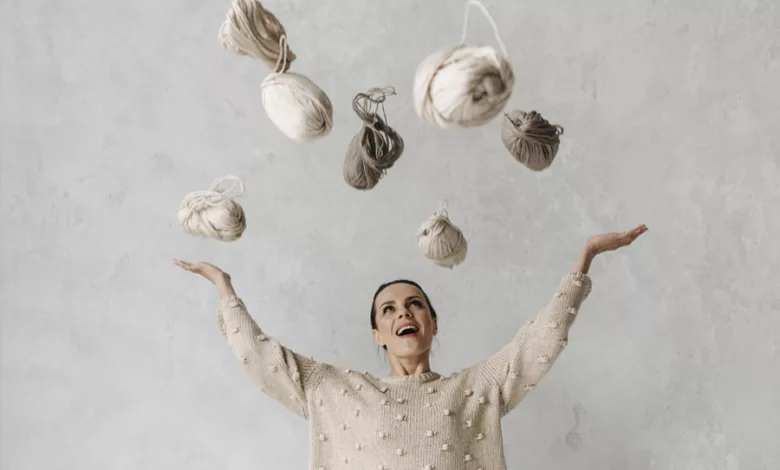Resilience Keeps Women Going

We live in uncertain times, and the past few years have challenged everyone’s beliefs, routines, patterns, structures, leadership, and personal expectations.
As the pandemic stretches on, we face increasing adversity as the pandemic’s various challenges and obstructions change or persist. Retirement savings have been redirected or affected by market turbulence. Social and emotional networks have been uprooted or dismantled. The cost of living has increased, affecting housing, food, childcare, and transportation costs. Climate change has created unstable weather, as well as loss of homes and jobs. Political instability has not only threatened global agreements but caused tensions at family gatherings and across holiday tables.
Some say the stress and anxiety most people feel is almost palpable.
Women were hit especially hard by the pandemic. On top of everything else, whether as single women, or as parents and or caregivers for their elderly parents, women juggled a variety of roles and responsibilities while suddenly working from home.
Being a working parent became a burden with new challenges when children were or still are taking classes at home, forcing parental oversight during the entire day.
At the same time, many childcare centers closed. Some companies closed and the economy went into free fall in 2020.Women who had high expectations for advancing meaningful careers after the hard-earned gains after decades of progressive movements saw dreams deferred as the juggling act became too much emotional and physical work.
Employers and partners expected women to be flexible and accommodate a range of demands. The women who maintained perspective and made strategic decisions about their lifestyle did so because they were resilient.
Resilience is the ability to bounce back from hardship without giving up. It’s about bending rather than breaking. In other words, resilience is the process of adapting well and “bouncing back” from difficult unexpected circumstances, like the pandemic. Resilience is a component of emotional wellness. The good news is that resilience involves behaviors, thoughts, actions, and skills that women and anyone can learn.
There will continue to be social, political, economic, and climactic changes that we can’t control or predict. These external dynamics will require women to make constant adjustments to their personal and professional routines.
Some will require renegotiating expectations with their family, an employer, and colleagues, establishing boundaries and being assertive. It’s not always fun to push back on how things have always been.
Alas, we don’t learn life lessons from laughing and relaxing. Women today expect a great deal from themselves as “Superwomen” who can do it all. They tend to be dismissive about how tough they’ve had to be when their own personal needs and desires were compromised.
We’re only human: We miscalculate and misjudge, plan poorly, and have naive expectations. When you’re resilient, you pay more attention to what’s really going on, don’t play the “blame and shame” game, and move on from a failure. You may already be a master negotiator, but you develop Zen acceptance when a situation is hopeless.
That’s the beauty of being resilient.
Disappointments are inevitable. When a setback occurs, allow yourself to bend without breaking. Life goes on, and so will you.





